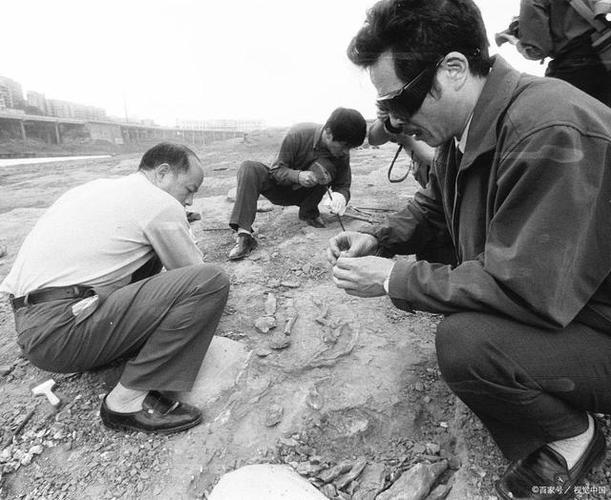
The Tragic Fate of the Farmers Who Discovered the Terracotta Army
The Terracotta Army, a vast collection of life-sized clay soldiers, stands as a testament to the might and ambition of China's first emperor, Qin Shi Huang. Discovered in 1974 by a group of farmers digging a well, this archaeological marvel has captivated the world and drawn millions of visitors to Xi'an, China. Yet, the story of the farmers who unearthed this ancient wonder is a tale tinged with tragedy and irony.
The Discovery that Changed Everything
In the spring of 1974, seven farmers in the village of Xiyang, just outside Xi'an, were tasked with the arduous work of digging a well. Their mundane task took an extraordinary turn when their shovels struck something hard and unyielding – fragments of terracotta. Intrigued, they continued digging, unearthing what they initially believed to be broken pottery. Little did they know, they had stumbled upon one of the most significant archaeological discoveries of the 20th century.
A Moment of Fame, A Lifetime of Hardship
The news of the find spread like wildfire, attracting archaeologists and government officials to the site. The farmers were initially hailed as heroes, their faces splashed across newspapers and their story broadcast throughout the nation. They became local celebrities, their lives forever intertwined with the army of silent warriors they unearthed.
However, this fame was fleeting, and their lives took a tragic turn. The land they had farmed for generations, the very land that held the Terracotta Army, was claimed by the government. They received minimal compensation, a paltry sum that paled in comparison to the immeasurable value of their discovery.
Lives Cut Short, Struggling in the Shadow of their Discovery
Three of the original seven farmers met tragic ends. One farmer, Yang Zhifa, driven to despair by poverty and the loss of his land, took his own life in 1997. The other two, Yang Wenhai and Yang Yanxin, died in their early 50s, unable to afford the medical care they desperately needed. Their deaths exposed the harsh reality of their lives – a life of hardship and struggle, despite playing a pivotal role in a world-changing discovery.
The remaining farmers, now elderly, continue to live modest lives in Xi'an. While they receive a small stipend from the government and occasional work at the Terracotta Army Museum, their existence is a stark contrast to the grandeur of the site they unveiled. Their story serves as a poignant reminder of the human cost often obscured by the allure of historical treasures.
Questions to Ponder:
- How did the discovery of the Terracotta Army impact the lives of the farmers?
- What ethical considerations arise when cultural heritage discoveries dramatically impact the lives of individuals?
- What measures could be taken to ensure that those who make such significant discoveries are fairly compensated and cared for?